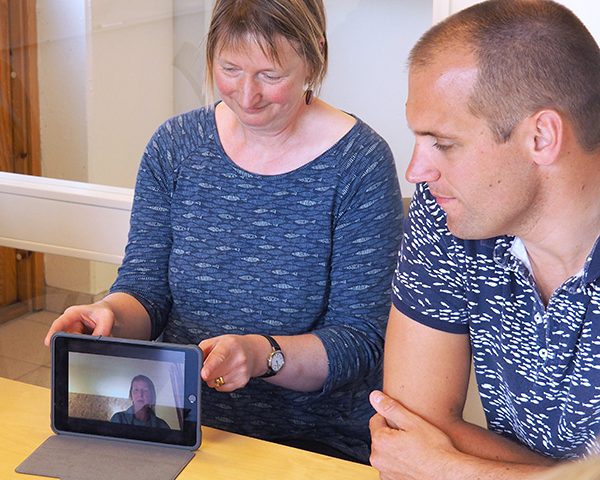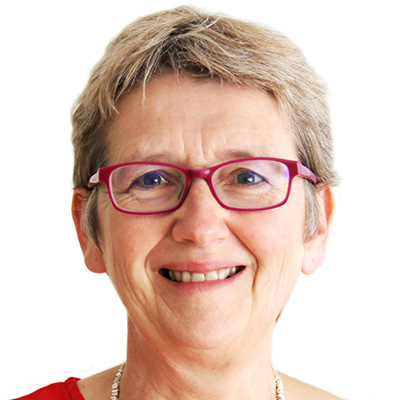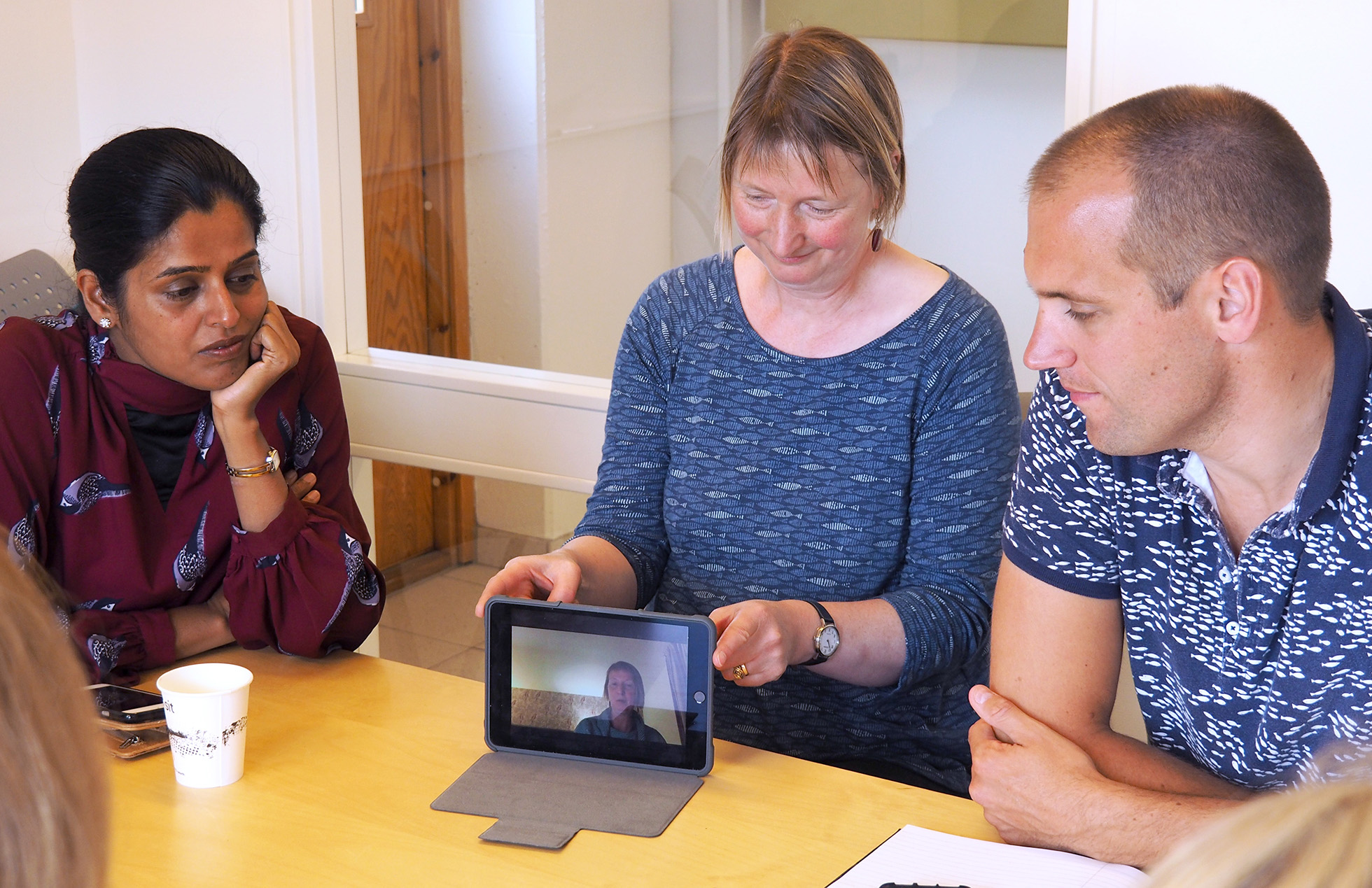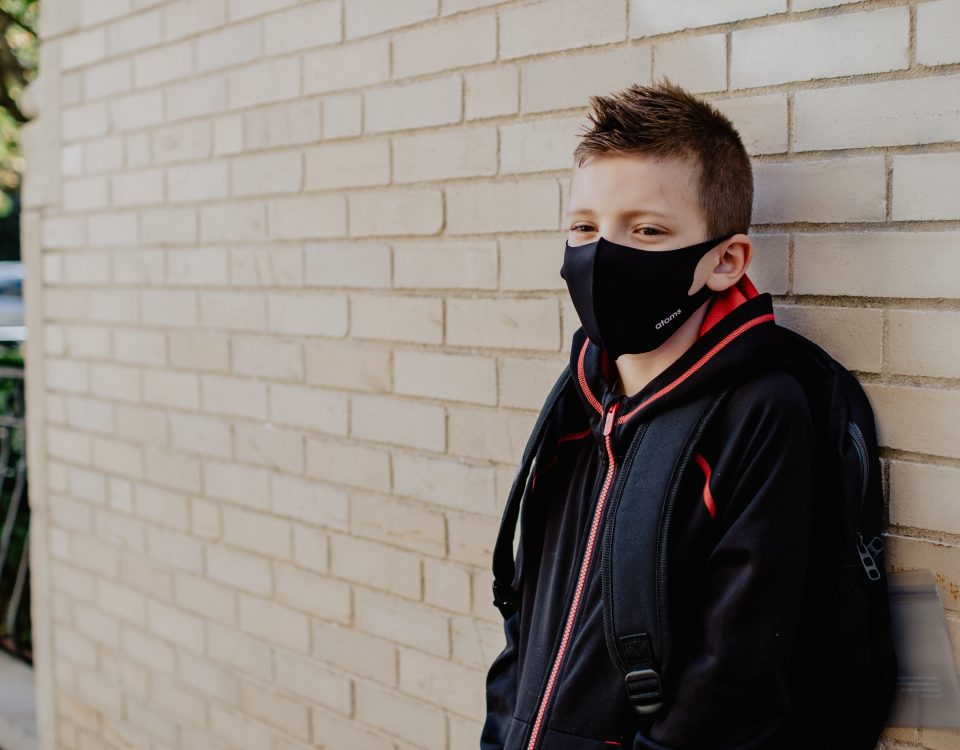
Challenges in practice experienced by school- and university-based teacher educators
July 1, 2019
Looking at Educational Improvement from a Lifelong Learning Perspective
September 8, 2019SHOW YOURSELF! Video-selfies for feedback

Collecting valid and trustworthy feedback on participants’ learning is essential for good professional development. Furthermore we believe it is time to radically reconsider the taken for granted use of anonymous written feedback if we want to take participants’ professionalism seriously. Therefore we designed and implemented a format with video-selfies during the InFo-TED Summer Academy –an international weeklong program for professionals engaged in teacher educator development (July 2018).
Assigning the video-selfies
The assignment encompassed a two-step process. At the end of each day, before leaving the room, participants first made a SCRIPT-Stimulated Critical Reflection on Individual Perceptions and Thoughts, which consisted of brief answers to four questions:
- What has particularly struck me today?
- What unexpected new insight/thought did I have today?
- What was the N°1 IDEA of today’s discussions/collaboration that stuck with me?
- What is today’s main impact on me as teacher educator (developer)?
After arriving in the hotel, they moved to step 2. This consisted of making an individual video-selfie (minimum 1’, maximum 5’ and simply recorded on laptop/smartphone), explaining and commenting on their SCRIPT. These private video-selfies remained the exclusive property of the maker and were made in their mother tongue.
For the final video on the last evening the second step was modified. In addition to using that day’s SCRIPT, participants were invited to attentively watch again their two private videos and prepare an inclusive SCRIPT using as guiding questions: “What did it mean for you to participate in this Summer Academy?” and “Do you think your colleagues should go next time? Why”. This final video-selfie had to be in English as it was to become public. The selfies were shared with other participants as the basis for a closure conversation. The videos were also collected by the organizers for program evaluation purposes.
Pedagogical rationale
The rationale for the design, implementation and facilitation of the video-selfies represented pedagogical principles in line with the InFo-TED model of professional development (Kelchtermans et al., 2017; Vanassche et al., 2015). As an act of reflective modelling, this rationale was presented and justified to all on the first day.
In line with the idea of a professional learning community, we approached the participants as colleagues and professionals emphasizing dialogue, allowing them ownership and privacy, while also striving for the de-privatization of their learning. The video-selfies were to contribute to the quality of the professional development as well as allowing the collection of authentic and rich data on that process for evaluation and feedback. Pre-structuring the assignment (two-step process; the guiding questions) provided enough focus and boundary, while still giving the participants enough leeway to freely speak their mind on what they wanted to share. The recording was also less time-consuming than a rich written narrative.
By making the assignment an intrinsic part of the program, the group dynamics and the enacted culture of professional respect helped to reduce the insecurities some participants felt towards the videos. They could get used to the idea, experiment in private and have conversations about it with their peers to help them move out of their comfort-zone when needed. Ultimately the ownership as well as the ‘direction’ of the selfie remained with them.
Professional learning and responsibility beyond anonymity
The making of the video-selfies was also thought as a research act, in line with the idea that teacher educator development requires a researcher’s attitude. By documenting one’s learning process through the recording of impressions and thoughts over the week, these reflections and experiences were turned into data. Capturing them on video allowed to re-visit and analyze them at a later moment in time, instead of having to rely on one’s memory. The assignment positioned the participants as researchers of their own learning process, as it was for example reflected in the different topics mentioned, their wording as well as their emotional tone across the different videos.
Revisiting their video-selfies further stimulated deep reflections on their beliefs about themselves (professional self-understanding) and their professional know-how (subjective educational theory) as teacher educators, and facilitated “zipping” the theory (conceptual input from the curriculum of the Summer Academy) and one’s own professional practices (Kelchtermans, 2009, 2018).
Finally, the video-selfies brought the very idea of professional responsibility (in contrast to anonymous evaluation forms) back into the picture. Participants were acknowledged in their professionalism, but this has strings attached. It implies the responsibility of being willing and capable to respond, to answer for one’s opinions, utterances and actions when they are questioned. Without hiding behind the anonymity of Likert-scales or written comments.
References
Kelchtermans, G. (2009). Who I am in how I teach is the message. Self-understanding, vulnerability and reflection. Teachers and Teaching: Theory and Practice, 15, 257-272.
Kelchtermans, G. (2018, February 7). Zipping as professional learning (InFo-TED blog post)
Kelchtermans, G., Smith, K. & Vanderlinde, R. (2017). Towards an ‘International Forum for Teacher Educator Development’: An agenda for Research and Action. European Journal of Teacher Education, 41, 120-134.
Vanassche, E., Rust, F., Conway, P., Smith, K., Tack, H. & Vanderlinde, R. (2015). InFo-TED: Bringing Policy, Research, and Practice Together around Teacher Educator Development (pp. 341–164). In: C. Craig & L. Orland-Barak (Eds.), International Teacher Education: Promising Pedagogies (Part C). Brinkley: Emerald Books.
Geert Kelchtermans & Ann Deketelaere
 Geert Kelchtermans is a full professor of education at the KU Leuven in Belgium, where he chairs the Center for Innovation and the Development of Teacher and School. His research focuses on the learning of educational professionals throughout their careers, which is conceived of as an ongoing process of sense-making and negotiation between the individual professional and his/her working conditions (organizational, institutional).
Geert Kelchtermans is a full professor of education at the KU Leuven in Belgium, where he chairs the Center for Innovation and the Development of Teacher and School. His research focuses on the learning of educational professionals throughout their careers, which is conceived of as an ongoing process of sense-making and negotiation between the individual professional and his/her working conditions (organizational, institutional).
 Ann Deketelaere is a lector at the Faculty of educational sciences and as an educational staff member of the Faculty of Medicine, both University of Leuven. She studied educational sciences and has a wide experience as teacher educator, in-service trainer and educational researcher. Combining development and training with research her work has concentrated on practical training, reflection and professional learning.
Ann Deketelaere is a lector at the Faculty of educational sciences and as an educational staff member of the Faculty of Medicine, both University of Leuven. She studied educational sciences and has a wide experience as teacher educator, in-service trainer and educational researcher. Combining development and training with research her work has concentrated on practical training, reflection and professional learning.





